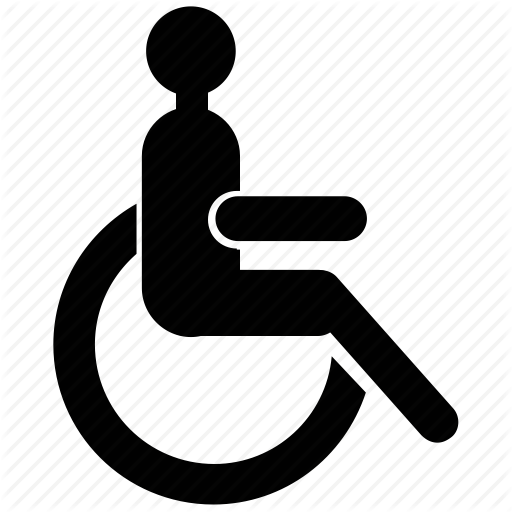It is commonly assumed that disabled people are big consumers of health services, and that as a result the health service is good at dealing with disability. The former isn’t always the case by any means, and sadly the latter is far from the truth.
Many disabled people who have a stable well managed condition and are generally in good health will make little more use of the Health Service than any other member of the public. Others are regular users, sometimes while their condition is stabilised, while some require frequent treatment on a continuing basis.
In recent year the NHS has identified people with long-term health conditions as a group they need to focus on. Thinking is increasingly moving towards how health practitioners can support people with such conditions to undertake their own routine treatment, learn how to live their lives so that they keep their condition under control, and monitor their health so that they call for help from a specialist when their condition flares up. Done well this gives someone living with a long-term condition more control over their lives (and will also save the NHS money no doubt).
The NHS and disability
Although the NHS deals with disabled people all the time it doesn’t always get it right. There were many tales in the past of disabled people who were seriously ill finding that a ‘do not resuscitate’ note had been attached to their notes because staff decided that their quality of life was so low that it was in the patient’s interest that they be allowed to die. Although this practice should have stopped there are anecdotal tales told by some disabled people that it still continues unofficially.
Particular problems can arise when a disabled person uses a part of the NHS which does not routinely deal with disabled people. Psychiatric services can have physical access problems, maternity services have in the past struggled to support mothers who have a physical disability, although some disabled women speak very highly of the help they have received.
It is wise to recognise that specialisms in health can become very narrow and as a result consultants may have little knowledge of disability. A disabled person may find it helpful to take the initiative and make sure that the service they are using knows that they are disabled and how this affects their life.
Going to your GP
The entry point to non-emergency health treatment is your General Practitioner. It can be worthwhile making sure that your GP Practice is aware if you have a disability. For example if you are deaf it will help if the receptionist is alerted to the fact that shouting your name to a full waiting room will be a pointless exercise. If it is difficult for you to get to the surgery it may make you a priority for a home visit. In addition if a family member has to help you with some practical tasks they can be listed as a carer and will be a priority patient for an annual flu jab.
Your GP is the entry point to all non-emergency health services, from a district nurse to consultant specialist.
Ideally your GP can be a partner in the management of your condition, helping you understand it and treat it as far as possible yourself. Try to make sure that your doctor explains what any treatment will be doing and how it works so that you can help to make it as effective as possible. It may help to explain to your GP some of the ways that your disability effects aspects of your day to day life. For example if the doctor wants you to eat lots of fresh food and vegetables but you have difficulty preparing fresh food and have to eat mainly ready meals your GP may be able to suggest the healthiest options for you.
Unfortunately sometimes problems arise in the relationship between a patient and their doctor. You should always try to resolve such a complaint using the practices complaints procedure. But bringing a complaint against a doctor can be difficult because they can play such an important part in your life. Healthwatch South Gloucestershire run an advocacy service which can help you http://www.healthwatchsouthglos.co.uk/advocacy-services
Healthwatch is also the place to pass on all your comments, good and bad, about the NHS. They are also able to pass on your suggestions for improving the service. http://www.healthwatchsouthglos.co.uk/
Emergency Services
Local Accident and Emergency Services are available at the new Southmead Hospital, the Bristol Royal Infirmary and the Royal United Hospital, Bath. If you need emergency health treatment dial 999.
Other useful websites
Well Aware is a useful source of all sorts of information relating to health and wellbeing in the Bristol and South Gloucestershire area. http://www.wellaware.org.uk/
NHS Choices is an advice and information website related to NHS services. It includes a symptom checker on its website to help you assess what might be wrong with you https://www.nhs.uk/symptomcheckers/pages/symptoms.aspx

